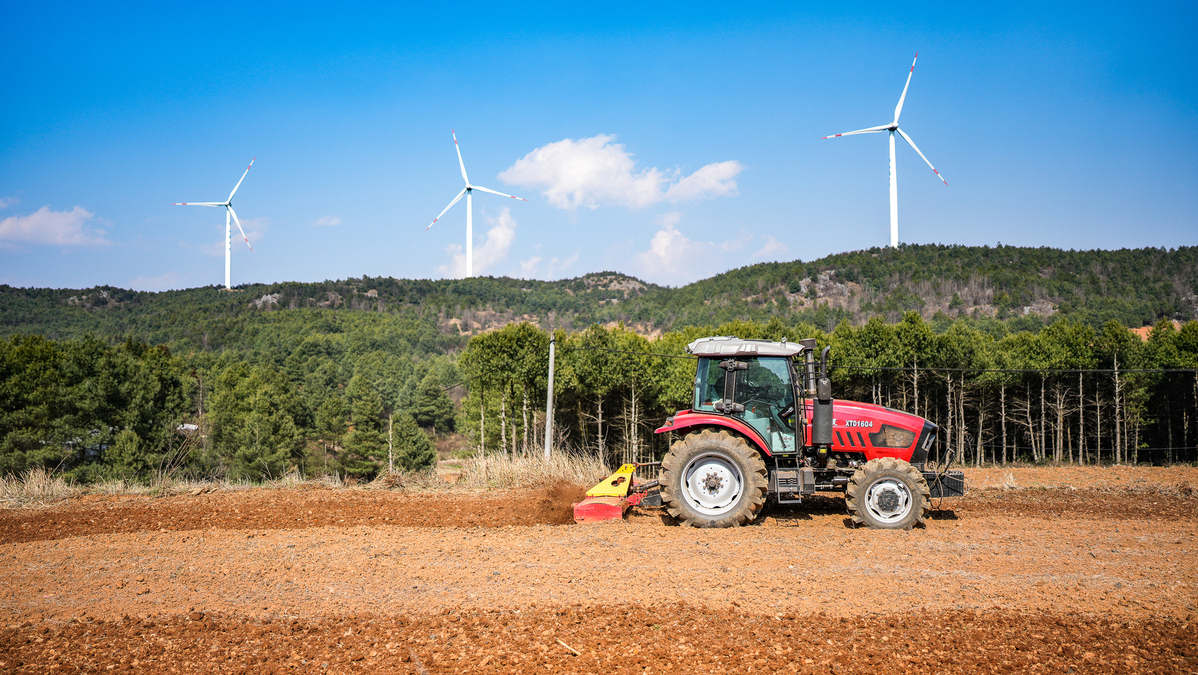Climate change to widen income gap
By Chen Yingqun | chinadaily.com.cn | Updated: 2024-03-06 17:52

Climate change is having an uneven impact on the earnings of rural women, impoverished individuals, and the elderly due to their varied abilities to respond to and adjust to severe weather occurrences, a report from the Food and Agriculture Organization of the United Nations (FAO) said on Tuesday.
The Unjust Climate report highlights a stark reality: each year in low and middle-income countries, female heads of households in rural areas suffer significantly greater financial losses than men. On average, households led by women experience an 8 percent larger income loss from heat stress and a 3 percent larger loss from flooding compared to those led by men. This translates to a per capita reduction of $83 due to heat stress and $35 due to floods, totaling $37 billion and $16 billion, respectively, across all low and middle-income countries.
If the average temperature were to increase by just 1 degree Celsius, these women would face a staggering 34 percent greater loss in their total incomes compared to men. Given the already notable disparities in agricultural output and salaries between genders, the research indicates that without intervention, the effects of climate change are poised to substantially exacerbate these inequalities in the future.
The FAO conducted an analysis of socioeconomic information gathered from upward of 100,000 rural households, which account for more than 950 million individuals in 24 countries with low to middle incomes.
By integrating this information with 70 years of georeferenced daily precipitation and temperature data, the study delves into the effects of different climate-related stress factors on individuals' earnings, work, and methods of adapting, with a focus on variations according to their economic status, gender, and age.
“Social differences based on locations, wealth, gender, and age have a powerful, yet poorly understood, impact on rural peoples’ vulnerability to the impacts of the climate crisis. These findings highlight the urgent need to dedicate substantially more financial resources and policy attention to issues of inclusivity and resilience in global and national climate actions,” said FAO Director-General Qu Dongyu.
The report also implies that tackling these issues necessitates focused initiatives aimed at enabling diverse rural communities to adopt strategies that are adaptive to the changing climate.
























